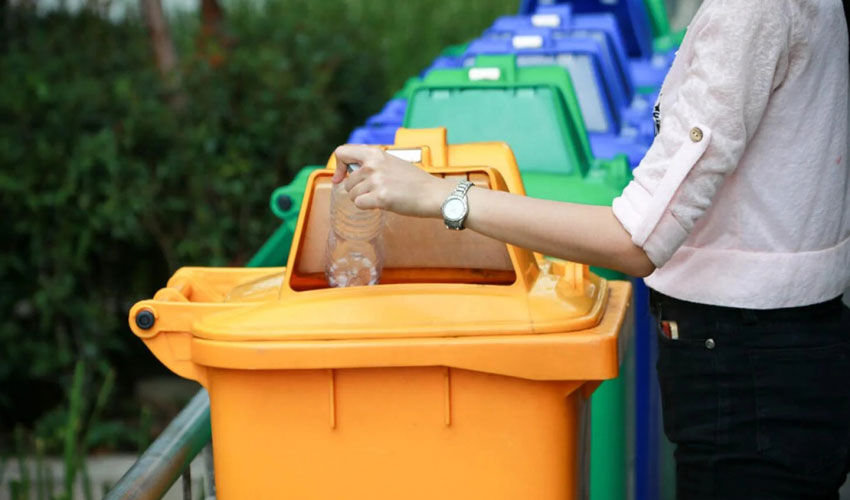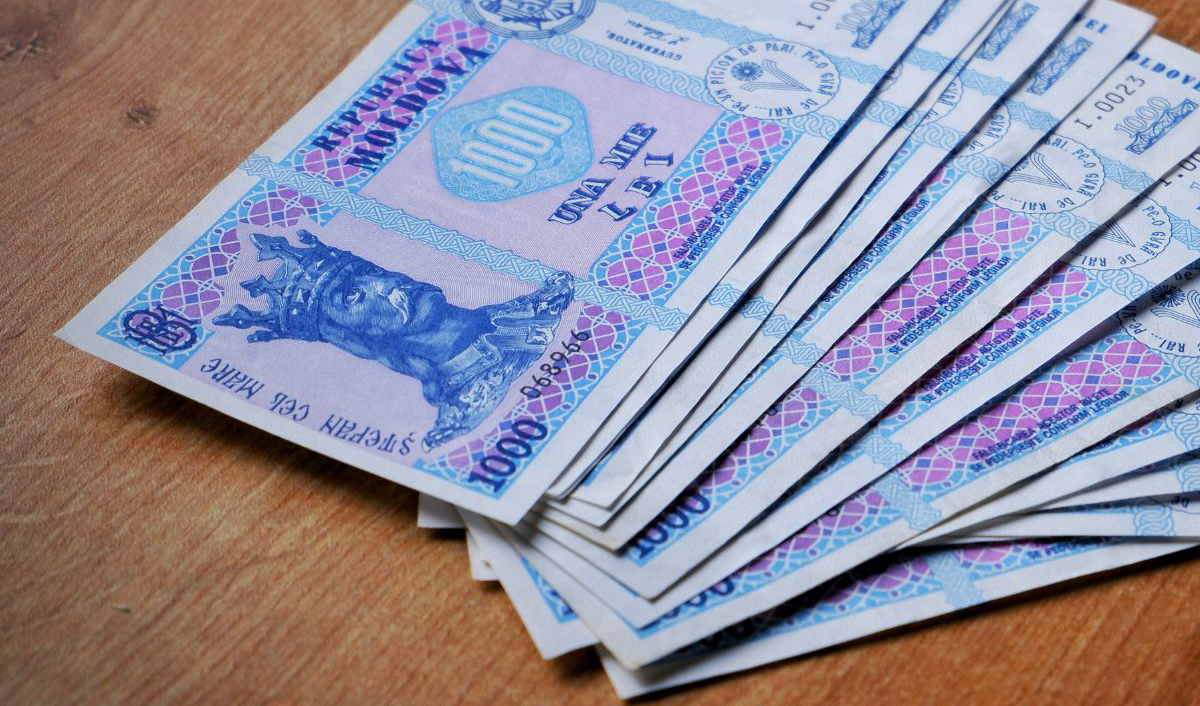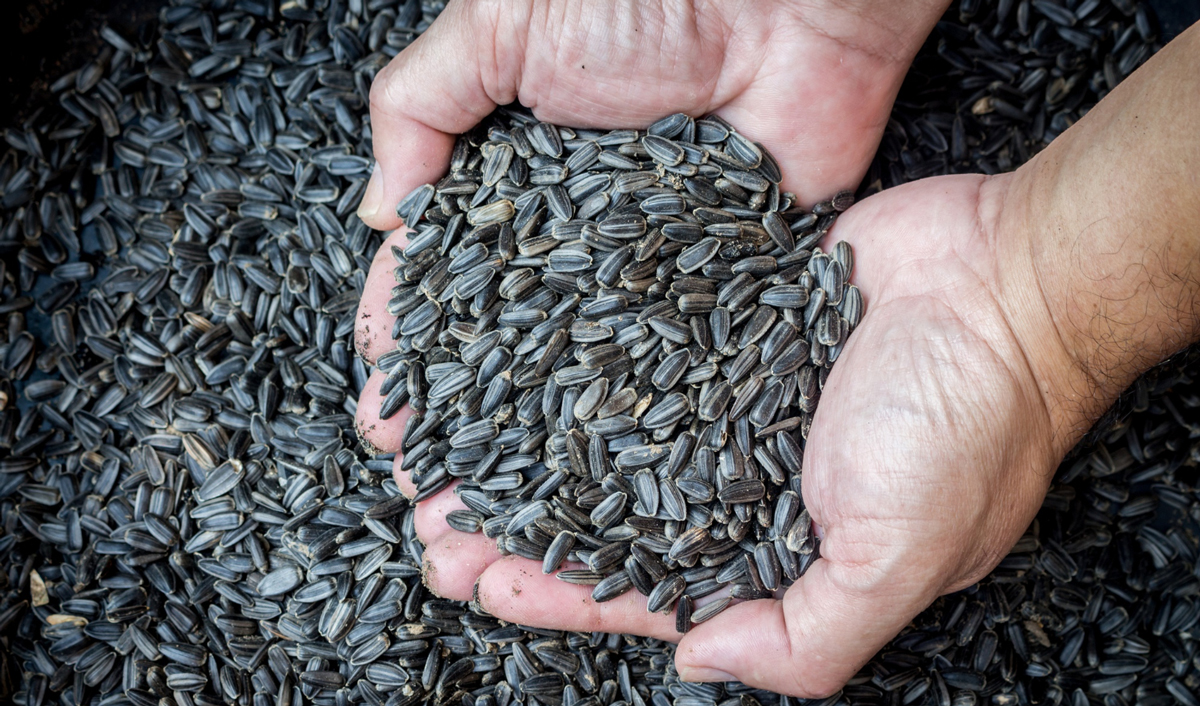
This is stipulated by the Law on Public Sanitation Service, published this week. According to the document, from July 1, 2028, local public administration authorities are obliged to implement a system of separate collection and transportation of waste of five types: paper and cardboard, glass, plastic and metal, biowaste and mixed waste.
The law establishes the legal framework for the organization, management, financing and control of this service, including the operation of infrastructure.
Local governments or so-called inter-communitarian development associations will decide on the establishment of the sanitation service.
It should be reminded that these are associations that unite two or more localities for the joint provision of public services.
They will be able to manage them directly or delegate authority to operators – commercial companies with private or mixed authorized capital, as well as companies in which the authorized capital is fully owned by administrative-territorial units.
To obtain the status of an operator, a company must meet a number of requirements: it must have the relevant competencies and qualified personnel, as well as have the necessary material and technical base. Operators will be able to charge a fee for the service provided and request tariff adjustments depending on the situation in the economy.
Sanitary taxes and tariffs will be approved by local authorities, according to the methodology approved by the government. In case of non-compliance with contractual obligations, they will have the right to impose penalties on operators.
Users – local residents, economic agents, public and private institutions – will be able to receive sanitation services on the basis of a service contract concluded with operators.
The law will enter into force on July 21, 2026, except for the provisions related to the organization of separate waste collection, which will begin to apply on July 1, 2028.













